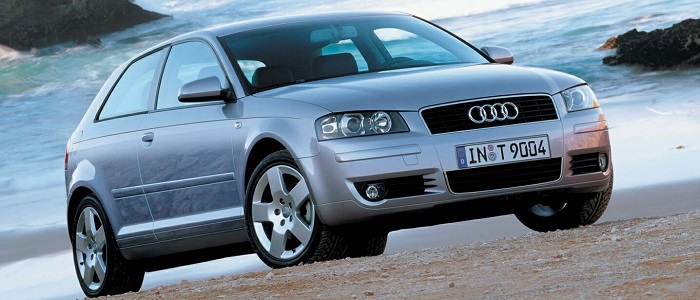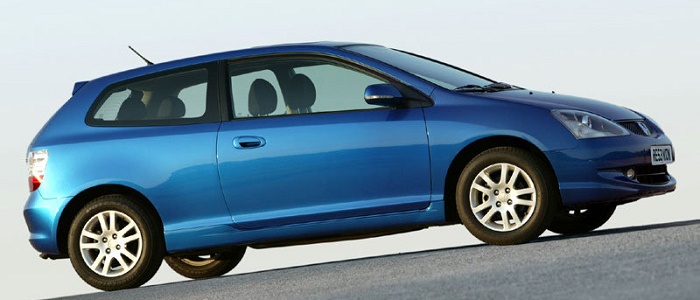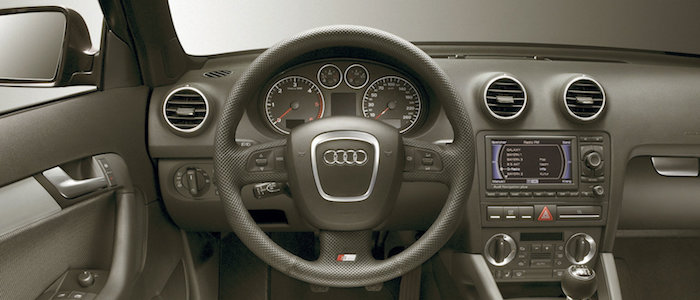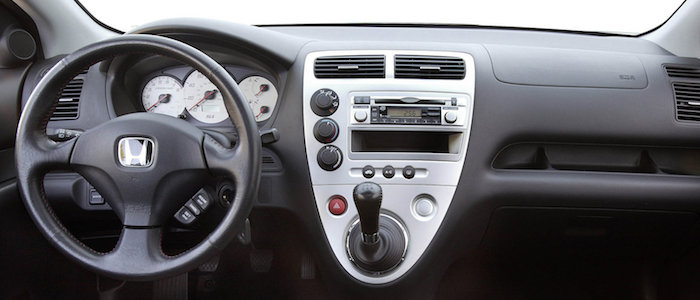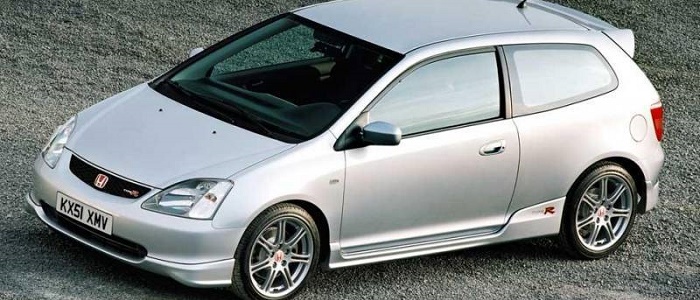Compare two cars
Compare any two cars and get our Virtual Adviser™ opinion
Dimensons & Outlines
Check vehicle history
Engine
Performance (manual gearbox)
Performance (automatic gearbox)
Expenses
Virtual Adviser's™ opinion
Two significantly similar cars, no doubt about that. Still, each one has something different to offer. Having both cars powered by petrol engines and utilizing the 3-door hatchback body style within the same 'Small family car' segment, the only major difference here really is their wheel drive configuration (4 x 4 for the Audi and front in the case of the Honda). The first one has a Volkswagen-engineered powertrain under the hood, a 4-cylinder, 16-valves 200hp unit, while the other one gets its power and torque from a 4-cylinder, 16-valves 200hp engine designed by Honda.
SafetyBoth vehicles got tested by European New Car Assessment Programme (Euro NCAP), with the same number of safety stars gained in the process. Moving further on, let's take a closer look at some additional safety-related facts. Both vehicles belong to the small family car segment, which is generally classifying them somewhere in the middle safety-wise, still it doesn't help us solve our dilemma, does it? Furthermore, if we'd like to consider vehicle mass in this context too, which we definitely should, the German car offers a considerable difference of 18% more metal.
ReliabilityManufacturers have been building their reliability reputation for decades now and, generally speaking, it appears that Honda is significantly less fault-prone, when all the models are taken into account. These are the results of an independent reasearch, while our visitors describe reliability of Audi with an average rating of 4.2, and models under the Honda badge with 4.7 out of 5. Independent research findings rank A3 as average reliability-wise, and Civic is more or less at the same level.We should definitely mention that owners of cars with the same powertrain as the German car rank it on average as 4.3, while the one under the competitor's bonnet gets 5.0 out of 5.
Performance & Fuel economyHonda is a bit more agile, reaching 100km/h in 0.4 seconds less than its competitor. In addition to that it accelerates all the way to 235 kilometers per hour, 1km/h more than the other car. When it comes to fuel economy things look pretty much the same for both cars, averaging around 8.9 liters of fuel per 100 kilometers (32 mpg), in combined cycle.
Verdict
Honda appears just a bit more reliable, although the difference is truly marginal. The most important thing when deciding between any two vehicles should always be safety, both passive and active. In my opinion, everything taken into account, the German car offers significantly better overall protection, taking the lead here. From there things take a different direction, with Honda being considerably quicker, thus putting more smile on driver's face. It does come at a cost though, and that's the fuel consumption... It's really tough to make a final decision here, but if I'd need to, I'd say Audi. Nevertheless, let's not forget that people have different preferences and needs, so what really counts is your personal feel. I'm only here to help. Also, you could use the oportunity to find out which car, everything taken into account, would be the perfect choice for you in the eyes of the virtual adviser™, among more than 12.000 different ones in our database.
Related articles
Somewhere in the 80's there was a breakthrough in the hot hatch segment. Just remember cars such as Volkswagen Golf Gti, Renault 5 GT, Lancia Delta Turbo Integrale, Peugeot 205 GTI etc. There, even while writing this I feel sorry for not still living in that age...























